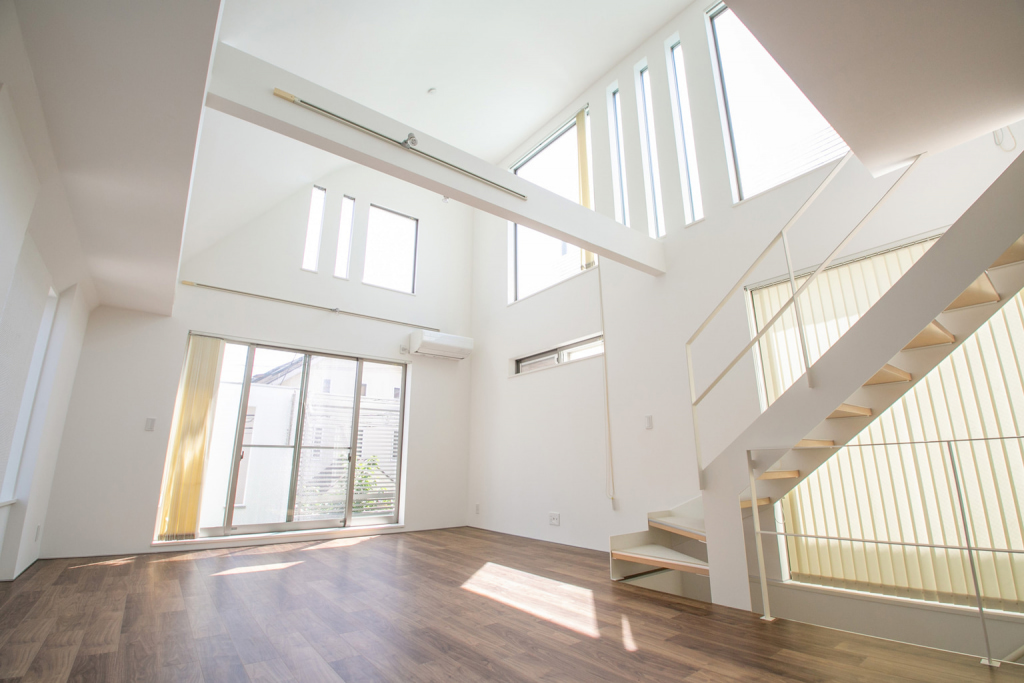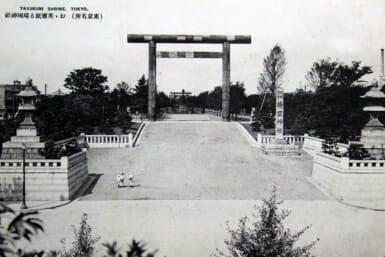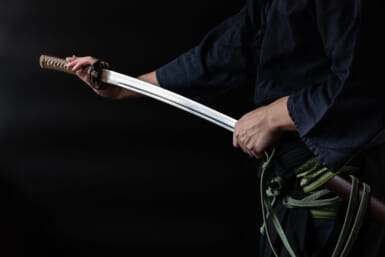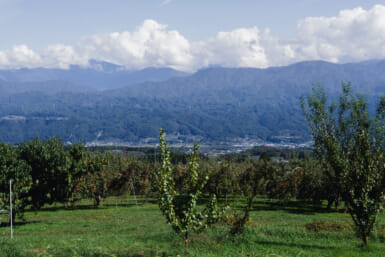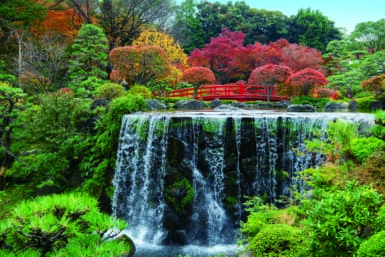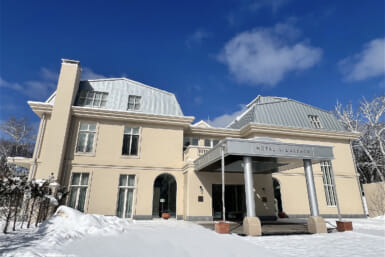Alex Shapiro, co-founder of luxury real estate agency Blackship Realty and host of the Tokyo Portfolio Youtube channel, shares his insights on current Tokyo property trends and gives advice on purchasing a home in the metropolis.
Whether you’re interested in the high rises of Roppongi, the quaint riverside condominiums of Nakameguro or the stately homes of Denenchofu, the one thing that most exclusive Tokyo neighborhoods have in common is that they are becoming more expensive by the year.
The Status Quo
As an example, a 100m2 condo of any age in the quiet hilly neighborhood of Minami-Azabu would have set you back about ¥88 million in 2012, but in 2022 a condo of equal size costs almost double that. The same goes for other traditionally high-end areas of the metropolis: During this period, Shibuya’s Shoto, Kamiyamacho and Tomigaya neighborhoods have each seen 30 percent increases in price, while Motoazabu’s per-square-meter price has skyrocketed to 2.5 times its previous average. While this is not as dramatic as some other global cities, it is substantial. Especially when you consider that Japan is generally known to be a place where most people’s rents are never raised, and condos tend to lose their value over time.
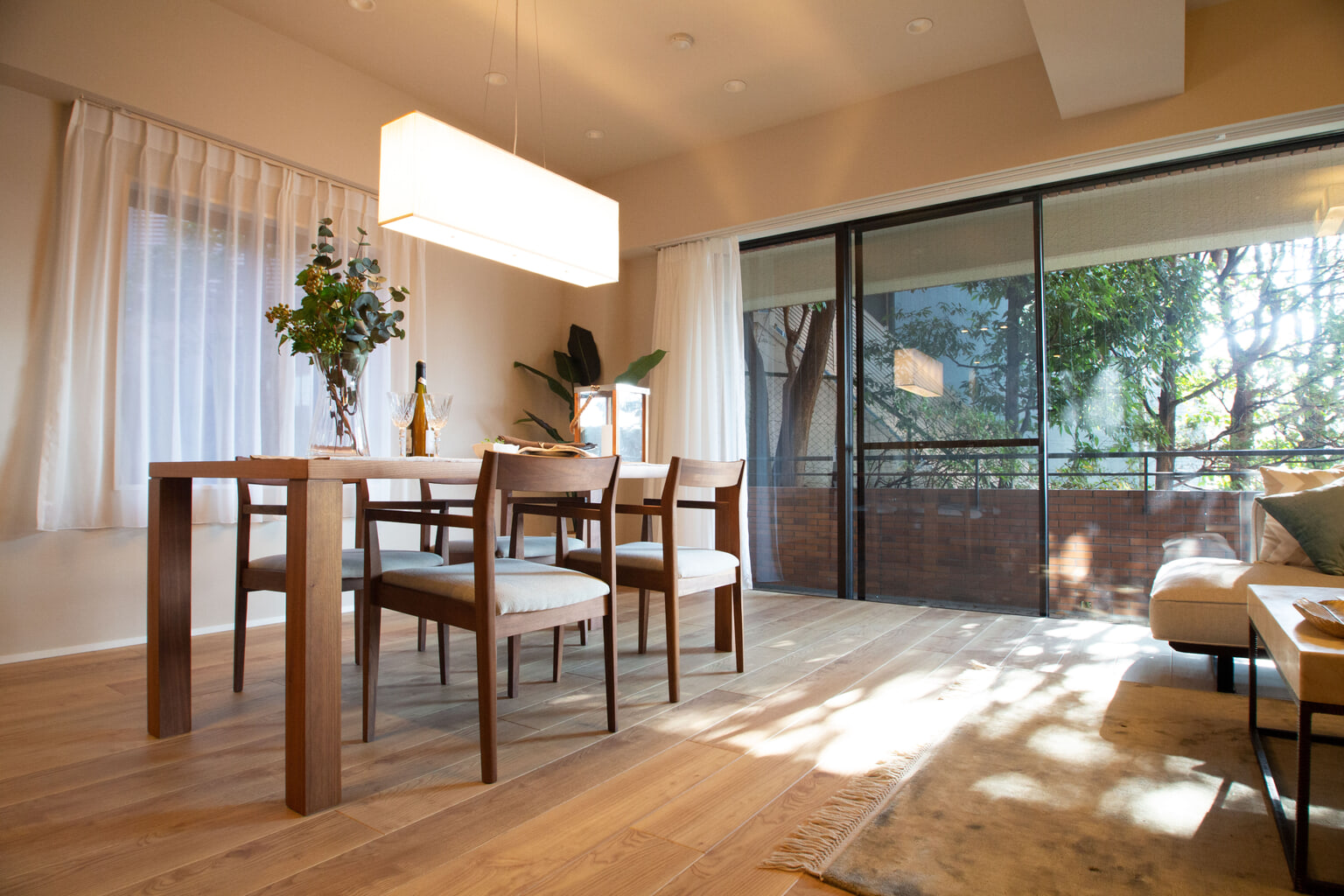
The Root Cause
But what is causing this sudden price hike? Many speculated that overseas buyers were driving the recent trends but the numbers do not support this — even during the pandemic, when international visitors were unable to enter the country, we witnessed annual increases of five to 12 percent for real estate in Shibuya and Minato wards. Numerous analysts predicted a softening of the market post-Olympics, which never really happened. There are three main factors driving these price increases:
1. Interest rates for mortgages are extremely low; often less than 0.5 percent annual percentage rate (APR)
2. There is a trend among younger Japanese power couples to buy rather than rent
3. The pandemic curbed many Tokyoites from spending money on travel and other luxuries, giving them a surplus to put towards a down payment
With this in mind, if you’re based in Tokyo you might think it’s a great time to buy — and you wouldn’t be wrong. In addition, while trying to find a rental in Tokyo is possibly one of the most frustrating things non-Japanese residents can experience, buying a home is surprisingly easy.
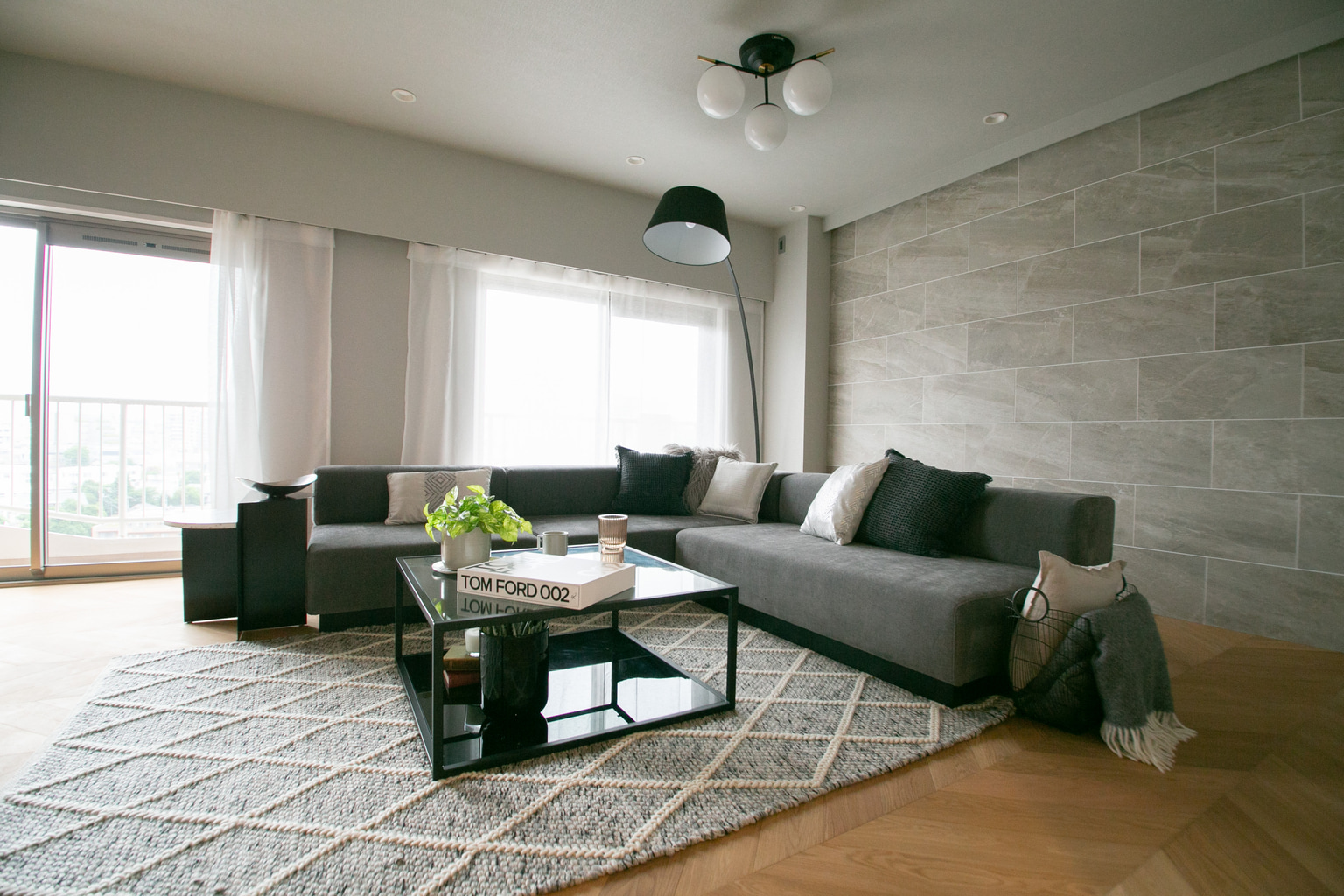
Why Buying is Better
For rentals, there is a good chance either you or someone you know has experienced the pain of dealing with the backwards application process, a lack of reliable information or blatantly racist landlords. The Japanese rental industry is a relic of the past — a portal into a tightly controlled network comprising of risk-averse property owners and old-school real estate agencies. Unexpectedly, purchasing a luxury property here is generally much smoother — but it still has its quirks.
For instance, have you ever wondered why you see houses and condos for sale in London, New York and Hong Kong for over ¥10 billion but never see those prices in Japan? Tokyo is supposed to be one of the most expensive cities in the world but you would never know based on online listings. Sure, there are a handful of places in the ¥400 million to ¥650 million range listed on portal sites, but nothing like the ultra-luxury properties other cities boast, even on Zillow. But ultra-luxury properties definitely exist here — we just can’t talk about them in public. Even for Tokyo properties listed from ¥135 million to ¥400 million, many are sold without ever seeing the light of day on the market. They are traded amongst people who just happen to be “in the know.”
The reason for all these off-market and private listings usually comes down to seller preferences. It may seem counterintuitive that someone trying to sell their house or condo wouldn’t want the entire world to see it, but many people want to preserve their privacy. They don’t want everyone knowing how much their property is worth, or even that they are planning on selling. And they especially do not want a stream of random people viewing their home. The takeaway from this is that if you want something exclusive, you’ll have to work with an agent who has a solid relationship with other real estate agencies.
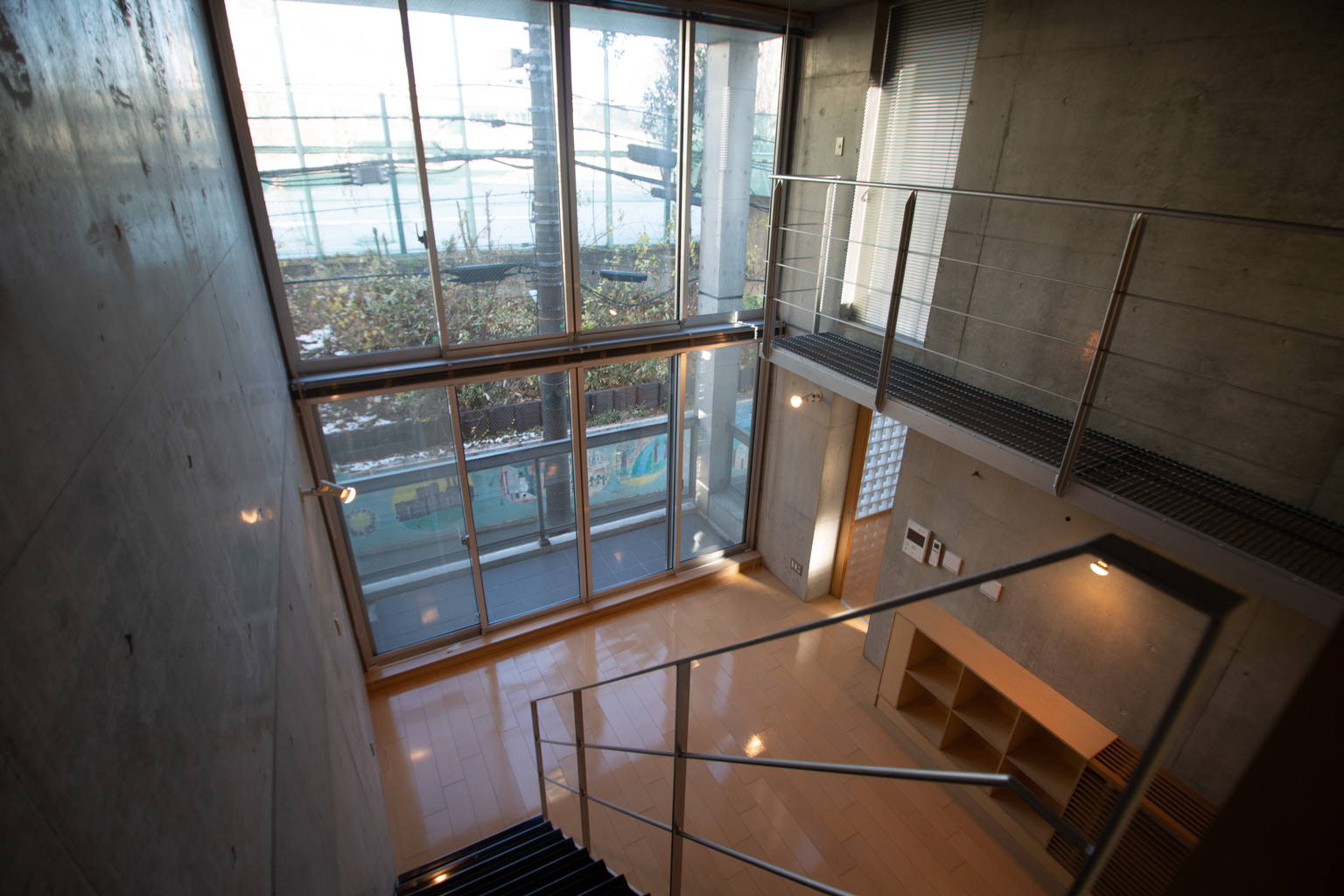
Finding the One
In this scenario, let’s say you end up finding the perfect place. Assuming you have the funds, there’s a good chance you will get it without any major setbacks. Unlike with rentals, purchases are a one-time transaction and sellers do not have to worry about the perceived risk of having to take care of the needs of someone who may not either know their culture (and how to sort garbage correctly — a big gripe with Japanese landlords) or speak their language.
Once you agree on a price, you’ll need to pay your down payment (usually five to 10 percent of the purchase price) and some other fees, sometimes including half of the real estate agent commission. On the contract signing date, your real estate agent will read you the summary of important details and conditions — which is a more elaborate version of the purchase contract — and then walk you through the contract itself.
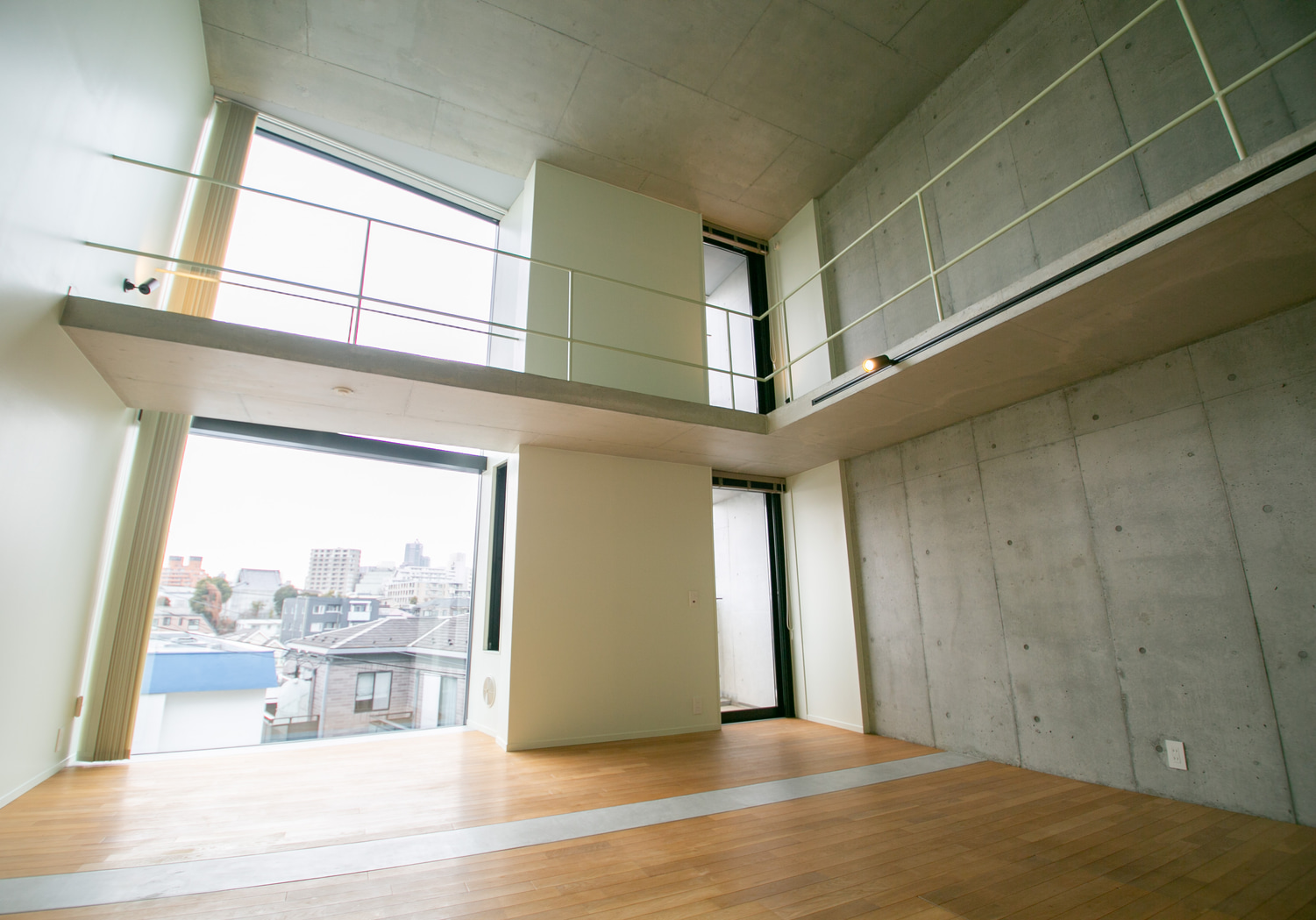
Paying Up
If you pay in cash, you are almost guaranteed to receive preferential treatment over other buyers, whether it be in the form of a discount on the listing price or the seller choosing you over buyers coming in with a mortgage. Japan can be one of the quickest places in the world in which to buy property if you are willing to fork over the green. Due to the escrow system being voluntary in most cases, if the buyer performs all due diligence before the contract date, there is no reason that the contract signing and property handover cannot happen on the same day. In fact, for most upper-end residential property purchases done by non-residents of Japan, same-day signing and handovers are quite common.
But what if you want to get a mortgage? Your process will be different. Ideally, before you even put in an offer, you’ll apply for and receive a pre-approved loan. This will make your offer more attractive compared to other potential rival buyers. To qualify for a mortgage, unless you are from Hong Kong, Mainland China or Singapore, a prerequisite of getting financing in Japan is to have a long-term working visa (or permanent residency) and a stable job (for at least a year) with stable income. Even then, unless you have permanent residency, your choices will be severely limited. Only a couple of banks (SMBC Prestia and Tokyo Star Bank, for example) will even consider looking at your application if you don’t have a PR or you are married to a Japanese national. Those under 1 percent interest rates are tempting, so most non-Japanese residents in Japan looking to buy tend to try to purchase at least partially with a loan.
The Final Step
Let’s say you meet all the requirements. Your real estate agency should be able to help with the loan application process, which usually consists of turning in some personal and financial documents, then waiting for about two to four weeks. If it all goes without a hitch, you’ll meet with the seller and all associated parties, pay the remainder of the property price and other fees, go through the deed transfer process and after about an hour or so, you’ll officially have the keys to your new home.

